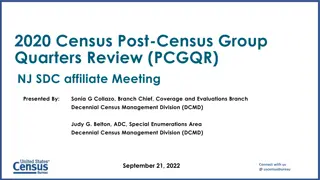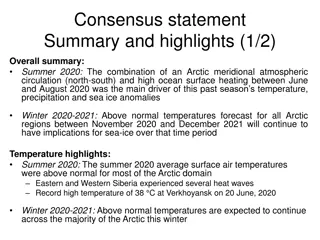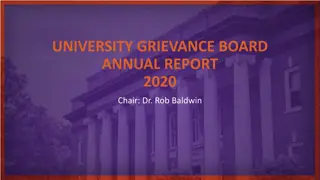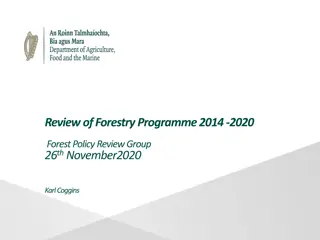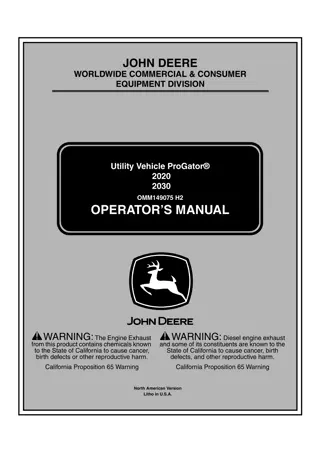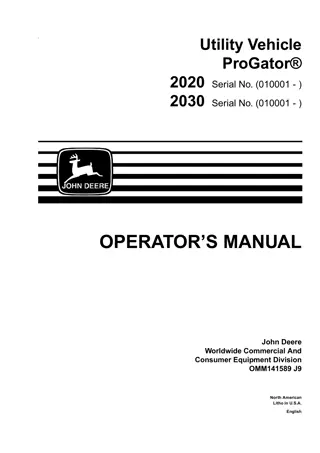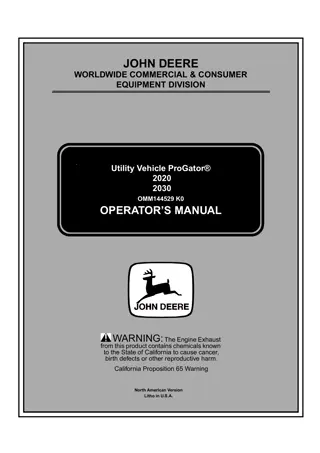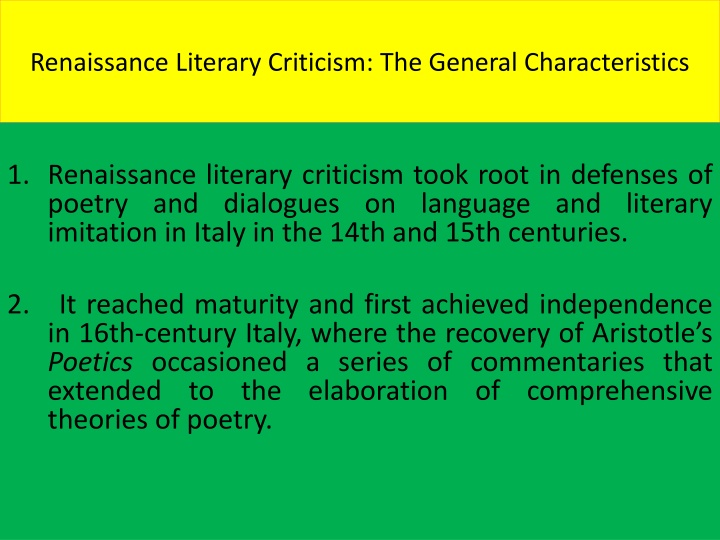
Characteristics of Renaissance Literary Criticism
Discover the general characteristics of Renaissance literary criticism that emerged in Italy during the 14th and 15th centuries, influenced by classical thinkers like Aristotle, Horace, and Plato. Critics of the Renaissance era defended poetry, elaborated on theories of poetry, and explored the concept of imitation.
Download Presentation

Please find below an Image/Link to download the presentation.
The content on the website is provided AS IS for your information and personal use only. It may not be sold, licensed, or shared on other websites without obtaining consent from the author. If you encounter any issues during the download, it is possible that the publisher has removed the file from their server.
You are allowed to download the files provided on this website for personal or commercial use, subject to the condition that they are used lawfully. All files are the property of their respective owners.
The content on the website is provided AS IS for your information and personal use only. It may not be sold, licensed, or shared on other websites without obtaining consent from the author.
E N D
Presentation Transcript
Renaissance Literary Criticism: The General Characteristics 1. Renaissance literary criticism took root in defenses of poetry and dialogues on language and literary imitation in Italy in the 14th and 15th centuries. 2. It reached maturity and first achieved independence in 16th-century Italy, where the recovery of Aristotle s Poetics occasioned a series of commentaries that extended to the elaboration of comprehensive theories of poetry.
Renaissance Literary Criticism: The General Characteristics 3. Fundamentally, it is indebted to Horace, Aristotle, and Plato, roughly in this order. 4. Critics extended classical poetics to meet the demands of contemporary Christian writers and readers. Their first priority was the defense of poetry against the incursions of its ancient and modern opponents and the defense of the vernacular as a poetic medium.
Renaissance Literary Criticism: The General Characteristics 5. Defending poetry entailed defining it and establishing its formal criteria, both of which hinged on imitation. Following Aristotle, they tended to define poetry as an imitation, the status, source, and purpose of which they debated with recourse to other classical philosophers, critics, and rhetoricians. 6. It generally reflected the intellectual culture of the age by confronting at every turn the complex dynamics of imitation, both practically and theoretically.
THE END See you next time!

